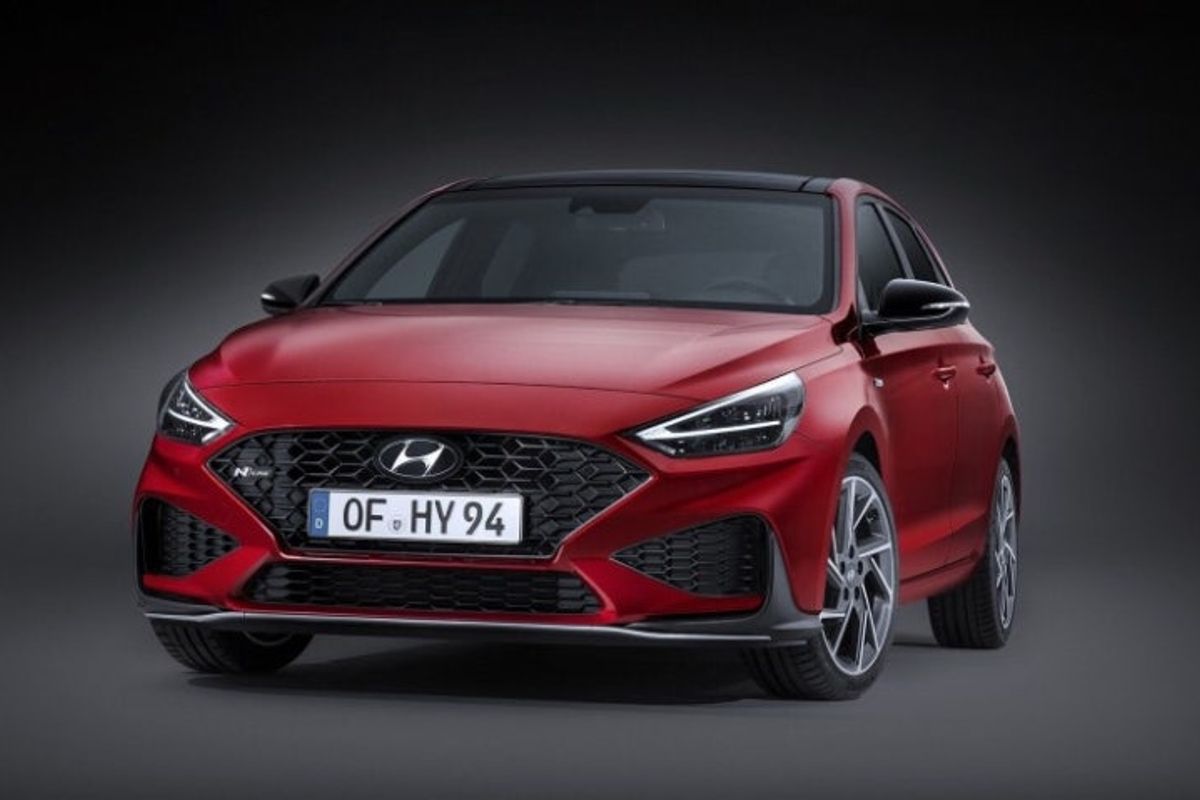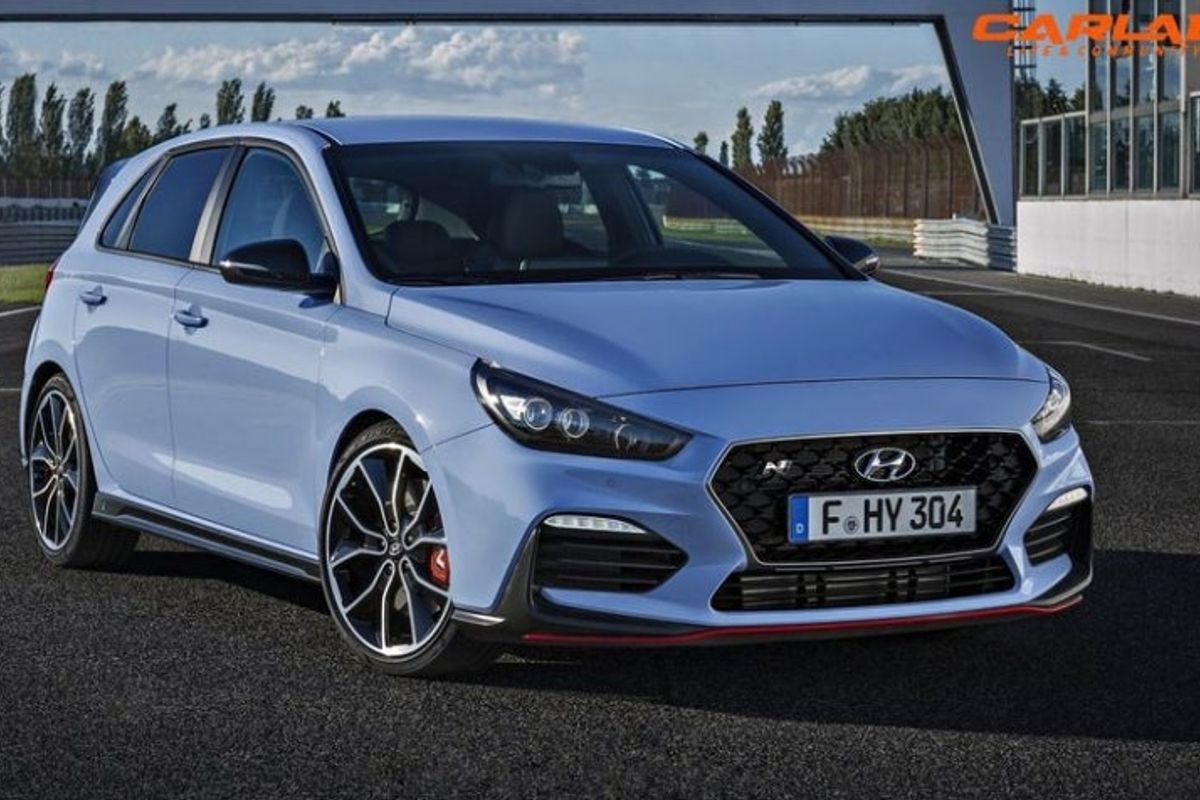In February of this year, we reported on the upcoming release of the Hyundai i30 facelift.
The i30 was set to debut at the Geneva Motor Show in March, but unfortunately, the event was canceled due to COVID-19. After a period of silence, we now bring you the heavy news that the i30 will be discontinued.
Previously, we heard news about the discontinuation of the Veloster JS normal model.
While the three-door design may appeal to some, it could also be a drawback for others. Most domestic car buyers seem to prioritize practicality, which likely contributed to its low sales figures.
Consequently, we have consistently heard that the 1.4T and 1.6T models, excluding the 2.0 turbo engine Veloster N, will be discontinued.
We are unsure if new contracts are still available.
Anyway, Hyundai has mentioned that the i30 will replace the Veloster JS normal model.
Given that the i30 offers a similar hatchback feel with more practicality, it seems like a fitting replacement. Additionally, it stands out from its competitors, such as the K3 GT five-door, by offering a manual transmission option, making it a more appealing vehicle.
However, it too has maintained low sales, which likely leads to its eventual discontinuation.
Nonetheless, with the news of the i30's discontinuation, it is now said that the i30's replacement will be the Avante (CN7). Of course, it will feature an engine with a similar displacement...
Later, the i30 N line model will also launch, which makes this transition somewhat understandable.
However, for those like me who enjoy hatchback designs with manual transmissions, it feels disappointing to see our options dwindling.
The Veloster JS's replacement is the i30, and the i30's replacement is the Avante.
This means that the Veloster's replacement is also the Avante, which gives the impression that it is moving further away from its unique identity.
Anyway, today I shared the news of the i30's domestic discontinuation.
Based on this information, it seems we have proven why the i30 N cannot enter the domestic market. Ultimately, companies need to generate profits and should avoid unprofitable ventures...
I completely understand this, but it’s hard to shake off the disappointment.
I will conclude today’s post here. Thank you.
- 2020. 05. 25 By. Baek Munjo





